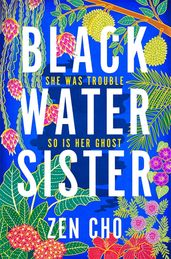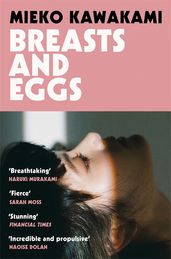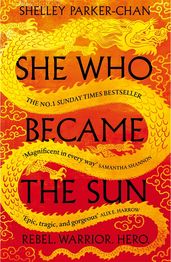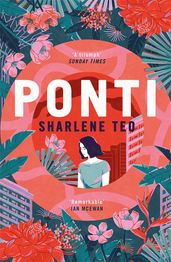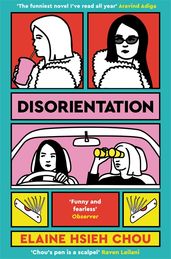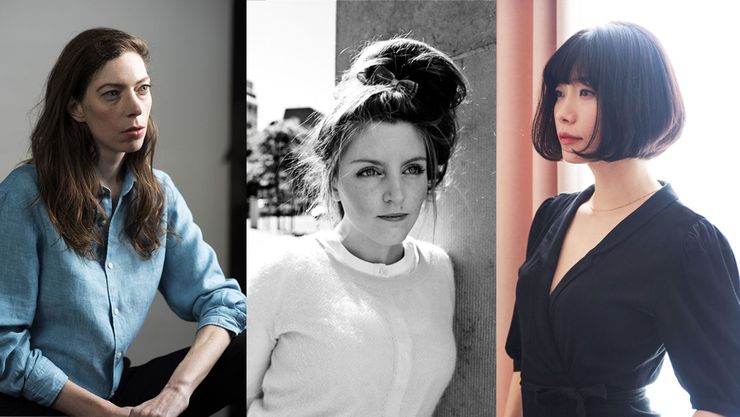Must-read fiction by female Asian authors
In her biting, hilarious debut, Disorientation, Elaine Hsieh Chou questions who gets to own the narrative, and how stories change when we take control of our own. Here, she discusses the Asian women writers finally getting their stories heard, and recommends five for you to read now (as well as Disorientation, of course).
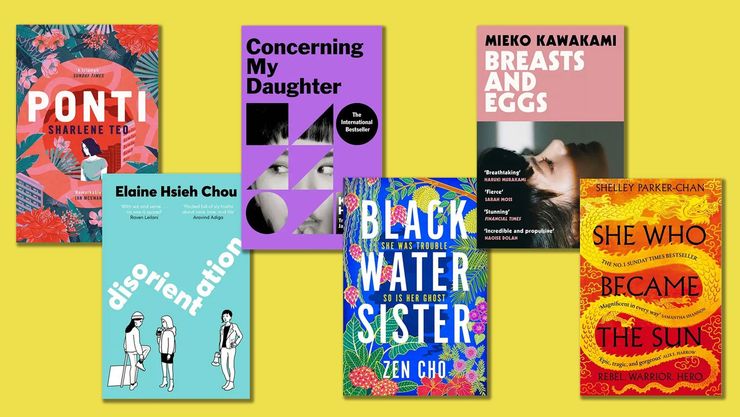
A recent ad in reputable news publications declared that one of the “top reasons to get an Asian mail order bride” comes down to their supposedly inherent “modesty.” The ad explains, without a hint of irony, that “Asian mail order brides are famous for their quiet, humble and timid character. . . They never transcend the limits of decency and behave appropriately in every situation. . . She’ll never make a scene or start fighting publicly.”
How disappointed these men will be when they learn that Asian women are no different from other women! We feel rage, we are fearless, we can be loud and indecent if we choose, and we certainly do not behave appropriately in every situation. We are capable of cruelty, vengeance, narcissism and every other imaginable “ugly feeling.” In short, we are human.
Hearing yourself described in the third-person never ceases to be a surreal and disorienting (forgive me) experience. Yet I have lived my entire life being told what I am like by people who are nothing like me. It’s no surprise, then, that fiction is where I feel most free. While the disempowered may feel powerless in their lived experiences, we are never disempowered in the act of writing. Alone with the blank page, no one else speaks for me.
Asian women writers have always told our own stories, but our voices haven’t always been privileged and we haven’t always had equal access to publishing. So it brings me great hope that with each passing year, new stories by Asian women writers – including in-translation texts and texts in every imaginable genre – are finding the platform and visibility they deserve. These writers inspire me, challenge me, and above all, they make me feel seen when most literature in English has made me feel the opposite: erased. Each new book by an Asian woman writer subverts the lies that have been told about us because, after all, isn’t a multitude of different stories the surest way to chip away at the false belief that we are all the same?
In these five groundbreaking novels, Asian women characters are allowed to be as defiantly uncategorizable as we are in real life. And to your delight as a reader, you will discover that they are not shy about making a scene.
Black Water Sister
by Zen Cho
Black Water Sister follows fierce and sharp-tongued Jessamyn Teoh, who moves back to Malaysia when she’s jobless, broke and closeted (she still hasn’t told her family about her secret girlfriend. . .). In Malaysia, she starts hearing voices – one voice in particular, that of her grandmother Ah Ma, a former spirit medium to a mysterious deity named Black Water Sister. To avenge Ah Ma, Jessamyn channels intergenerational rage as she faces down gangsters, ghosts and family complications. In Black Water Sister, Cho addresses contemporary issues with speculative magic and imagination.
Breasts and Eggs
by Mieko Kawakami
Three women make up the center of the brilliantly unconventional and subversive Breasts and Eggs. Thirty-year-old Natsuko wants a child but doesn’t want to have sex. Her sister, Makiko, hopes breast enhancement surgery will help retain her value at her hostess job. Makiko’s daughter, Midoriko, falls into a heavy and symbolic silence as she struggles with the pains of puberty. Kawakami interweaves their stories, fears and desires in a novel that navigates reproductive laws, societal expectations, sexual politics and ultimately the autonomy women have over their own bodies.
Concerning My Daughter
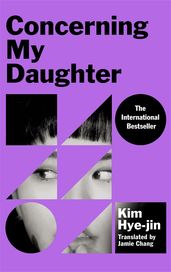
Told through the eyes of a mother and caretaker for the elderly, Concerning My Daughter is refreshingly unafraid of shining a light onto the complex contradictions we hold in ourselves. When the mother’s thirty-year-old daughter, Green, moves back home with her girlfriend Lane, she cannot understand or accept the life her daughter has built for herself. But the strongest proponents of tradition are often those who’ve been most hemmed in by them. Her anxieties over her daughter are revealed to mirror her own: she can follow all the rules, stay within the lines and nonetheless be cast aside. Will these realizations create an opening for the three women to fully witness one another?
She Who Became the Sun
by Shelley Parker-Chan
Inspired by real historical events, She Who Became the Sun is a soaring epic that reimagines the life of Zhu Yuanzhang, a peasant rebel who remade herself into the founding emperor of the Ming Dynasty. But Yuanzhang was never destined for greatness – that expectation was heaped upon her brother, Chongba. When they are unexpectedly orphaned and Chongba dies, resilient and headstrong Yuanzhang assumes his identity and sets off on an astounding journey where her greatest opponent is believing in herself. With a queer romance and fantastical elements woven into the heart of the story, She Who Became the Sun interrogates fate, desire and power.
Ponti
by Sharlene Teo
In the beautifully observed Ponti, three Singaporean women’s lives converge across multiple decades: Szu, her mother Amisa and Szu’s friend Circe. Amisa is a failed actress – her only shot at fame was when she starred in the 1970s cult horror film Ponti – while Circe is an aspiring one. Szu lives in the shadow of her mother, who remains unknowable to both her and Circe. Years later, when Circe is cast as the lead in a remake of Ponti, she reflects on her tangled relationships with both women, even when it hurts to look too closely. Teo traces the darkest parts of ourselves and the ways in which darkness is an inherent part of girlhood, friendships and mother-daughter relationships.
Disorientation
by Elaine Hsieh Chou
On the outside, Ingrid Yang is the perfect model minority: a PhD student pursuing a career in academia, engaged to a Japanese-to-English translator, unquestioning of the world around her. She defers to the white men in her life just as they expect her to. But on the inside, Ingrid harbors years of unspoken rage. She’s prone to jealousy, pettiness and, as it turns out, breaking the law. When she makes an astonishing discovery about her research subject, a famous Chinese American poet, the self she has been suppressing refuses to stay quiet. In Disorientation, Chou explores how identity manifests at the intersection of the individual and society at large, and how defining who we are is as much about refuting what we are not.
